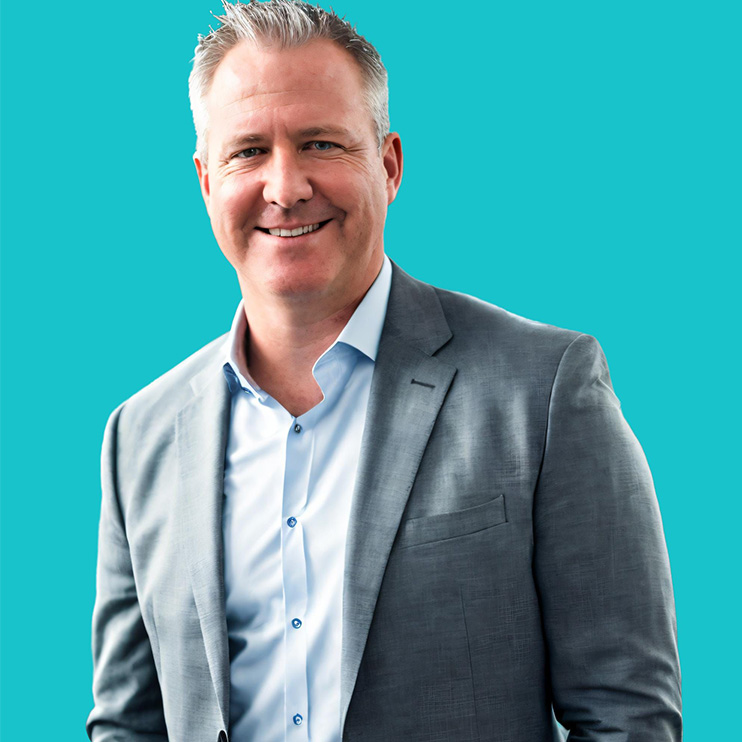Struggling with debts you can’t afford can be extremely stressful for you and those close to you. If you’re living in Ontario and researching debt relief options, you may have come across the term ‘debt forgiveness program’ and wondered whether that might be an answer to your problems.
In this guide, we’ll explore debt forgiveness in detail, including what debt forgiveness is, the kinds of debts that can lead people into a precarious financial situation, and what debt repayment options are available to people in Ontario.
Contents
What is debt forgiveness?
Debt forgiveness is the complete or partial clearing of a debt. For a debt to be forgiven, the debtor (you) has to come to an agreement that is acceptable to the creditor (the individual or company you owe money to).
While total debt forgiveness isn’t really available in Canada, it is possible to have a debt partially forgiven in exchange for a new repayment plan. If the offer is good enough, your creditor may accept partial repayment and agree to clear the remainder of your debt.
These kinds of payment plans can either be negotiated informally by dealing with the creditor directly, or through a formal debt management program that includes an element of debt forgiveness.
What types of debt drive people to seek debt forgiveness?
The majority of adults in Canada will carry some form of debt. For many people, debt is a manageable part of their lives, but some types of debt are more difficult to pay off than others.
Credit card debt
One of the most common debts around, credit card debt involves taking out a line of credit with a lender that you can borrow against each month. The lender will allow you to make purchases up to your credit limit via a credit card, and you’ll then repay the lender over time.
It can feel like credit cards are everywhere, which lulls people into thinking they’re harmless, but it can take decades to repay a credit card when making minimum payments, and the added interest can amount to more than 100% of what you initially borrowed.
Mortgage or rent arrears
Marketed as a way to help people who are struggling to make it to payday, payday loans are short term loans that enable you to borrow small amounts of money from a lender and repay within a set period of time.
While credit card interest rates average at around 19%, however, payday loans can be as high as 400%. This makes them incredibly difficult to repay, and can lead people into a cycle of high interest rates and late payment fees that eventually drags them into debt.
Payday loans
For most people, a mortgage or rent payment is their single biggest monthly expense, which means it can be one of the most difficult bills to pay when money is tight.
Millions of Canadians are struggling to pay for the roof over their heads, leaving them facing serious financial and legal consequences, as well as the threat of being evicted by their landlord or having their homes repossessed by their mortgage company.
What debt forgiveness programs are available in Ontario?
There are two main debt relief programs that offer debt forgiveness in Ontario, consumer proposals and personal bankruptcy.
Consumer proposal
The most popular debt relief option in Canada, a consumer proposal allows you to deal with your unsecured debt by turning it into one affordable monthly payment.
As long as your creditors agree to your proposed payment plan, and you maintain your monthly payments throughout the arrangement, it’s not uncommon to write off up to 80% of your total debt using a consumer proposal.
Bankruptcy
While bankruptcy does offer debt forgiveness of a sort, it’s important to remember that it’s a financial last resort, and you should only consider it if you’re unable to repay what you owe and have exhausted all your available debt relief options.
When you file for bankruptcy in Canada, you will have your valuable assets taken from you, including your home and car. They will be sold as partial repayment of your debts, and creditors will agree to write off the rest of your debts, although you might have to make a monthly payment depending on your level of income.
Are there debt relief options that give me more time to repay debt?
Even if you don’t qualify for a formal debt forgiveness program, there are agreements you can reach with creditors which will put you in a better position to repay what you owe.
Debt consolidation
A debt consolidation loan is similar to a consumer proposal in the sense that it allows you to roll multiple debts, usually with high interest rates, into a single payment.
Unlike consumer proposals, however, there’s no debt forgiveness with debt consolidation. You’ll need to repay what you owe in full, but it can help you to manage your repayments more efficiently.
Debt settlement
Debt settlement is the process of offering your creditors a lump sum of money to eliminate your debts. Creditors will often accept an amount lower than your total debt if they feel they’re unlikely to recover the total amount.
Some people choose to negotiate with creditors while others will engage with their creditors via a debt settlement company, although debt settlement companies will typically charge a fee for their services.
Who can help me choose the right debt relief solution?
If you’re having trouble keeping up with debt payments and creditors are beginning to put pressure on you, it’s important to find debt help you can trust.
Credit counselling agencies
Credit counselling agencies are organizations that specialize in providing support to people who find themselves in financial difficulty.
Credit counsellors are usually qualified financial professionals who can fulfil the role of a debt coach, providing guidance on your journey towards financial stability, although they aren’t licensed to place you in a formal debt relief program.
Licensed Insolvency Trustees
A Licensed Insolvency Trustee (LIT) is a qualified debt professional who is authorized by the federal government to administer formal debt solutions like consumer proposals.
While there are other individuals and organizations in Canada who might recommend you a debt relief program, LITs are the only professionals able to officially lead you through a formal debt solution, handle creditors on your behalf, and discharge you once the arrangement ends.
Where can I find the advice I need to get out of debt?
If you find yourself with bills you can’t afford to pay, or your financial situation is deteriorating to the point where it’s taking a toll on you and your family, then it’s time for you to take action.
Farber Debt Solutions is a Licensed Insolvency Trustee based in Ontario, with a major focus on helping people just like you find debt repayment plans that fit their budget and personal circumstances.
Whether you’re looking for some debt advice, or are considering a formal debt solution to deal with your debts, we can help. To start your journey towards a debt free life, get in touch with us today.

